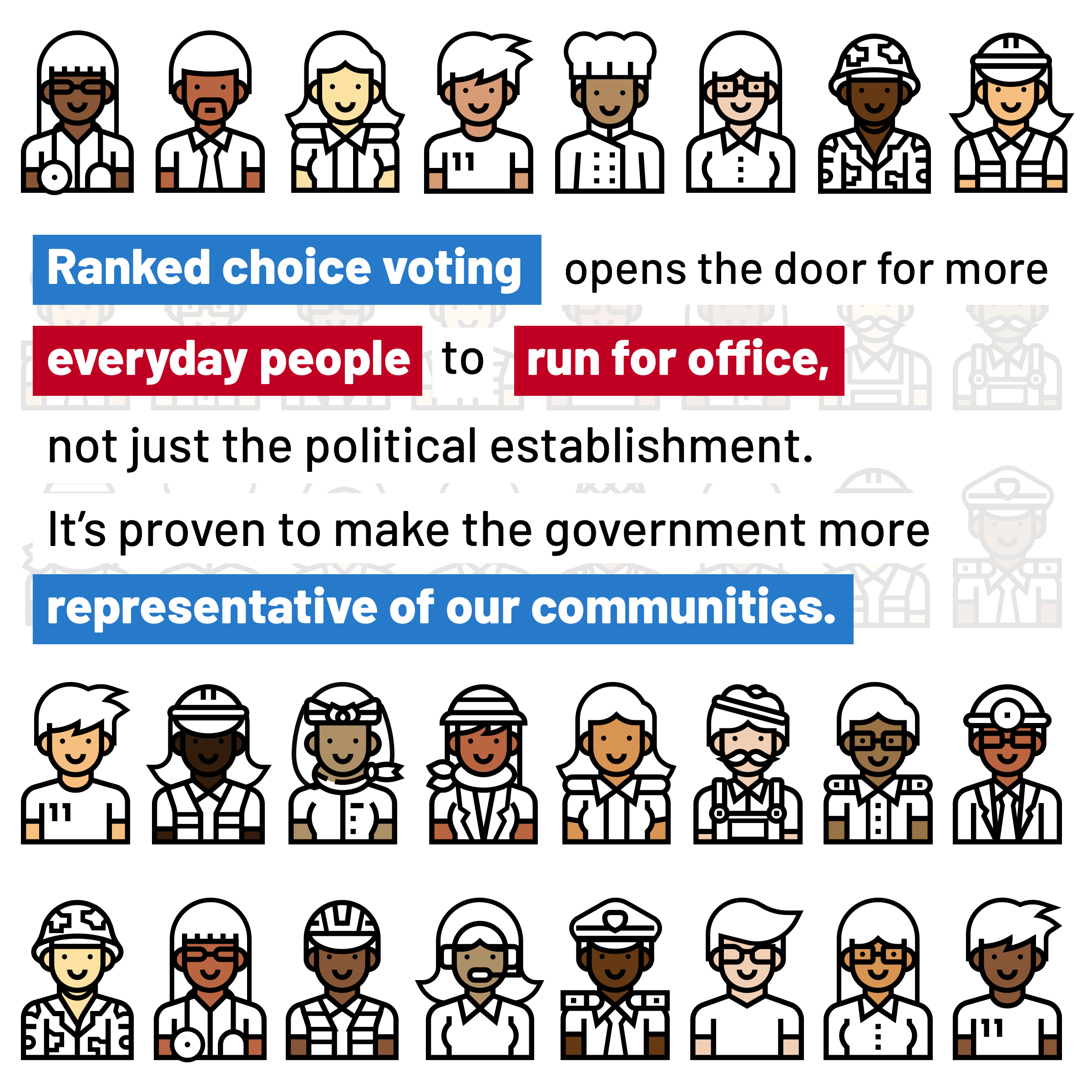Arend Lijphart
Arend Lijphart is professor emeritus of political science at UC San Diego, past president of the American Political Science Association and winner of the Johan Skytte Prize: "In an era of extreme partisan polarization, legislative gridlock and single-issue politics, ranked-choice voting encourages a more fluid and multifaceted style of politics that deals with conflict and diversity through coalition-building, accommodation and compromise."
Learn More


